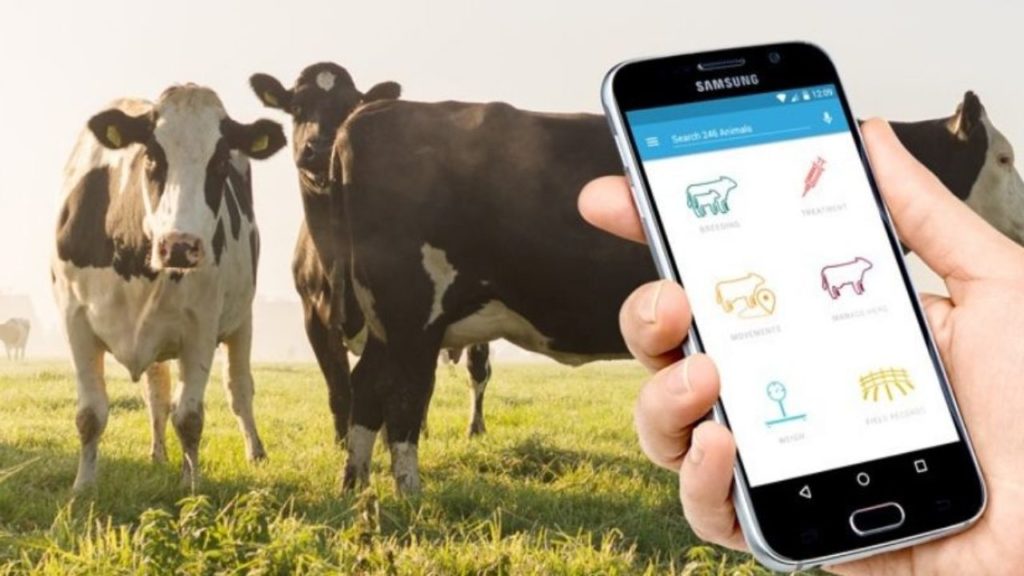This Startup Creates Actual Cow Milk, Without Cows! Raises Rs 100 Crore For Expansion

Just imagine how our ancestors would react if they got to know about “Cow’s milk without cows”.
Imagindairy, an Israeli tech firm, has devised a method for making milk proteins such as whey and casein from fungus or other plant microbes. Although the milk appears to be cow’s milk, it is produced in a laboratory.
The startup has received a record £9.7 million in early funding to develop dairy products that are made from microbes rather than cows.
You don’t have to wait for long. By 2023, “cow’s milk without cows” will be available in Israeli stores!
Want to know more about the startup? Scroll down!
Imagindairy Will Produce Cow’s Milk Without Cows!
Imagindairy, which received initial investment or the seed funding on Wednesday, said the milk it generated would be identical to cow’s milk, but that the cow and her related methane would be replaced by fungi or other plant microbes designed to produce milk proteins.
Imagindairy’s programming process involves inserting DNA instructions for the production of whey and casein into microorganisms. Imagindairy will add plant-based fat, sugar and water to turn the whey and casein proteins produced by the microorganisms.
Now in this process, the cow, and her associated methane would not be used rather the process involves fungi or other plant microorganisms to produce milk proteins.
Just having an idea regarding the human-generated methane sources would shake you up.
Do you know Livestock rearing alone produce 32% of human-generated methane?
According to a UN Environmental Programme (UNEP) report, methane is a serious climate issue, Therefore NGOs believes that the firm’s Methane-free cow’s milk would make a big difference, it would help to reduce climate change and deforestation.
Imagindairy’s Programming Process
So the programming process according to the founder and chief executive of Imagindairy, Eyal Afergan, would be similar to that of Perfect Day. However, the team had developed a simpler way to isolate the milk proteins from the microorganisms.
The proportion says 10% of the water needed to produce traditional cow’s milk and 1% of the land. According to the founder and chief executive of Imagindairy, Eyal Afergan, The 1% included the land needed to produce carbon and nitrogen sources to feed the microorganisms.
Seed Funding
According to a recent analysis, the minimum investment for start-ups using microbes and fermentation to create animal proteins was $2 million, while the maximum investment was $7 million.
The Good Food Institute (GFI), a non-profit organisation that promotes animal-free protein production, conducted the research.
If more people switched to an identical product that was methane and cow free, she added, then “we are on our way to a complete transformation of the food system that would help us to meet the 1.5C climate target” and “significantly reduce the 70% of worldwide deforestation linked to clearing land for animals and growing their feed”.
ProVeg International aims to halve animal protein reliance by 2040.
“It will always be missing something. The main elements might be there, but not everything you would find in cow’s milk,” he said. “Cows are a million-year-old natural system for producing milk. Do you want to feed something from a lab to your kids and then only find out later it might not be quite right? It’s Frankenstein stuff.”
Tom Dunne, the vice-president of European Dairy Farmers

Comments are closed, but trackbacks and pingbacks are open.